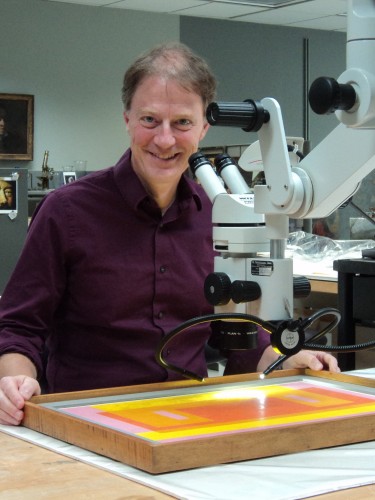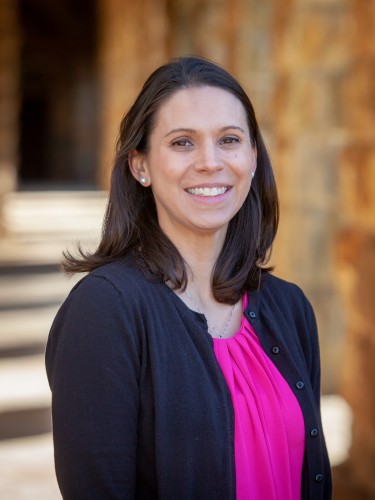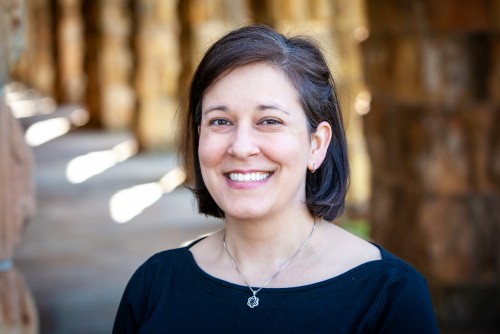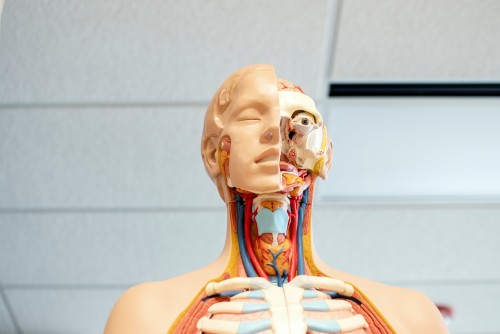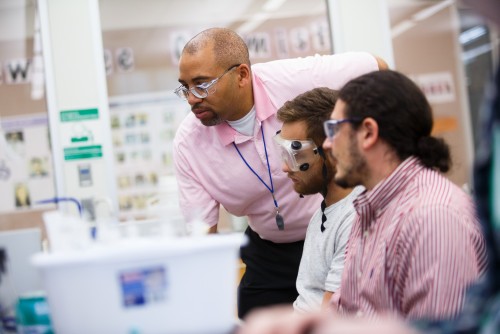Chemistry explores the properties of matter, the dispersal of energy in matter, and the transformations of matter through the fundamental principle that matter is built from atoms, ions, and molecules.
Why study Chemistry at Sewanee?
Chemistry intersects with and illuminates numerous disciplines including physics, biology, forestry, and geology. Through your coursework at Sewanee, you’ll explore the composition, structure, properties, and transformation of matter. Courses will also amplify this understanding by providing an in-depth look at the major sub-disciplines: organic, inorganic, analytical, neuroscience, catalysis, physical, and biochemistry.
Beyond the formal curriculum, you’ll be encouraged to participate in research projects with faculty members. This will put you at the cutting edge of science in a variety of fields including nanotechnology, biochemistry, materials chemistry, and drug development. You’ll also have the opportunity to conduct research and present your work at regional and national levels—maybe even get published in leading scientific journals.
GRADUATE SCHOOL AND PRE-PROFESSIONAL PROGRAMS: CHEMISTRY MAJORS
Sewanee graduates enjoy extraordinary acceptance rates to top graduate and preprofessional programs–about 95 percent to law school and over 85 percent to medical school. Below is a sampling of where Sewanee grads continue their education.
- Ph.D., chemistry, University of Michigan.
- Nurse practitioner, Vanderbilt University.
- M.S., organic chemistry, Auburn University.
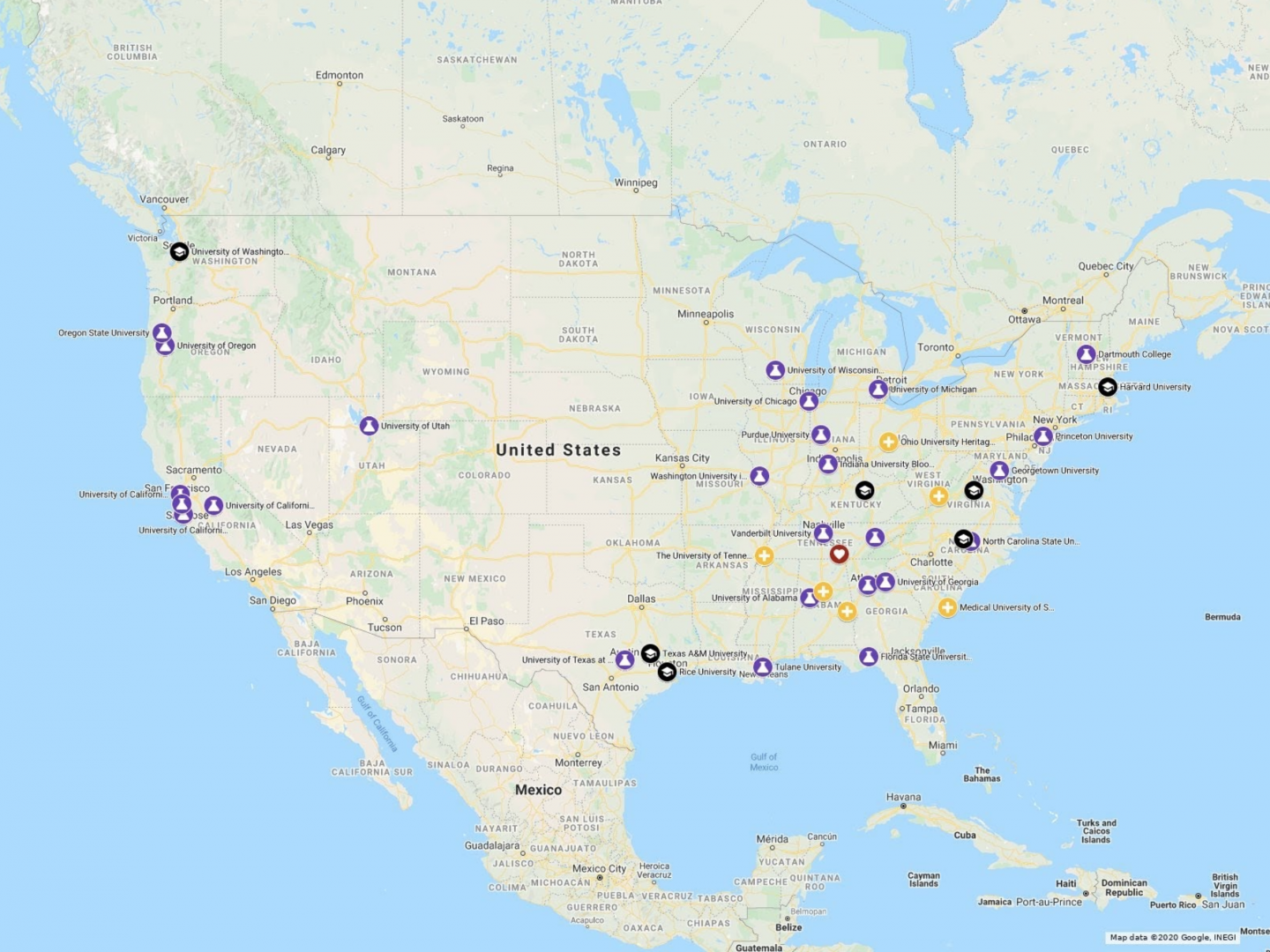
FIRST DESTINATIONS: CHEMISTRY MAJORS
Sewanee graduates secure positions in a variety of fields. Some you would expect, others are a bit of a surprise. Sewanee prepares you for your profession and your passion. Below is a sampling of recent graduates' first jobs.
- Energy analyst, Applied Energy Group, Walnut Creek, California.
- Medical scribe, MetroHealth Trauma Center, Cleveland, Ohio.
- Clinical research coordinator, Massachusetts General Hospital, Boston, Massachusetts.
